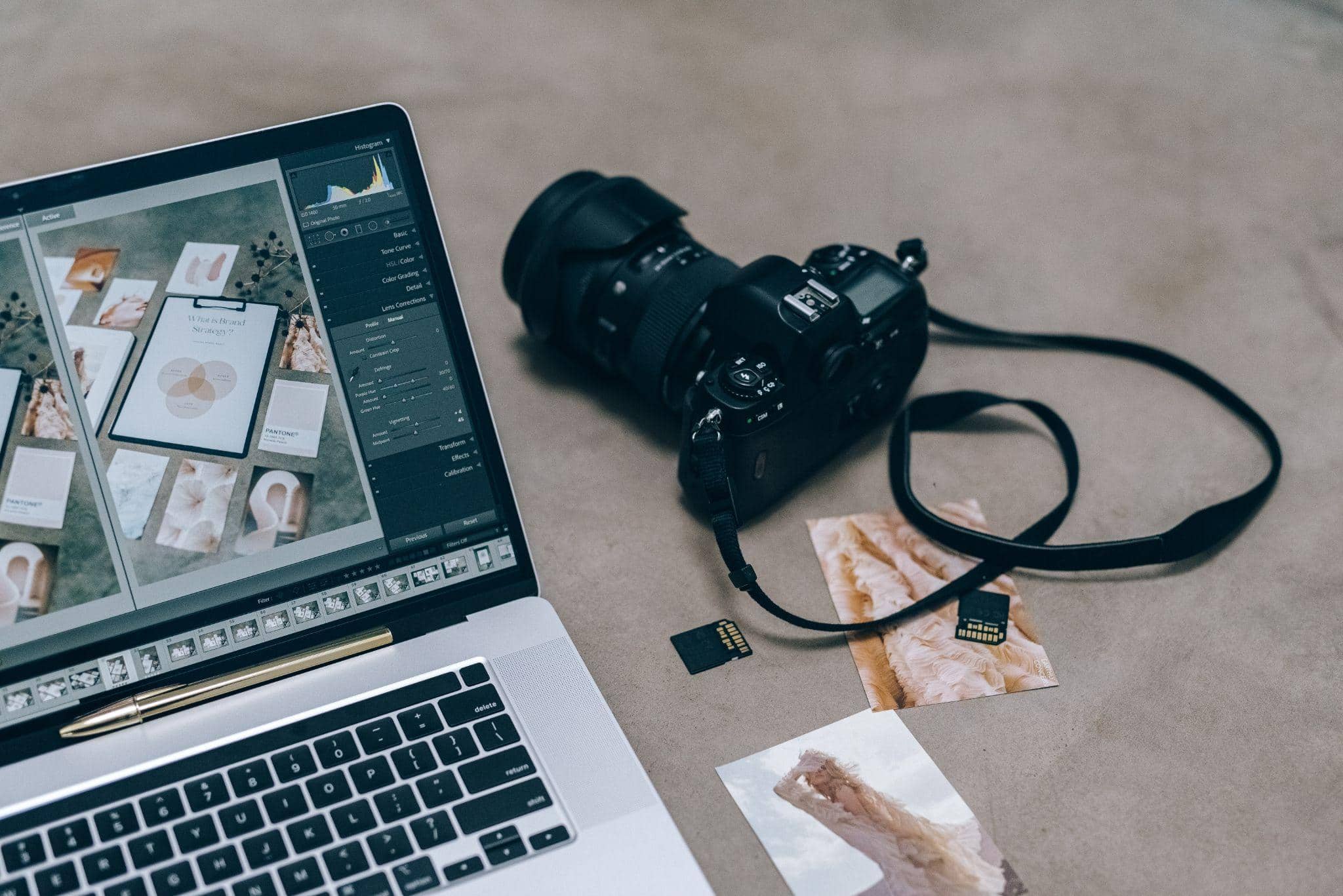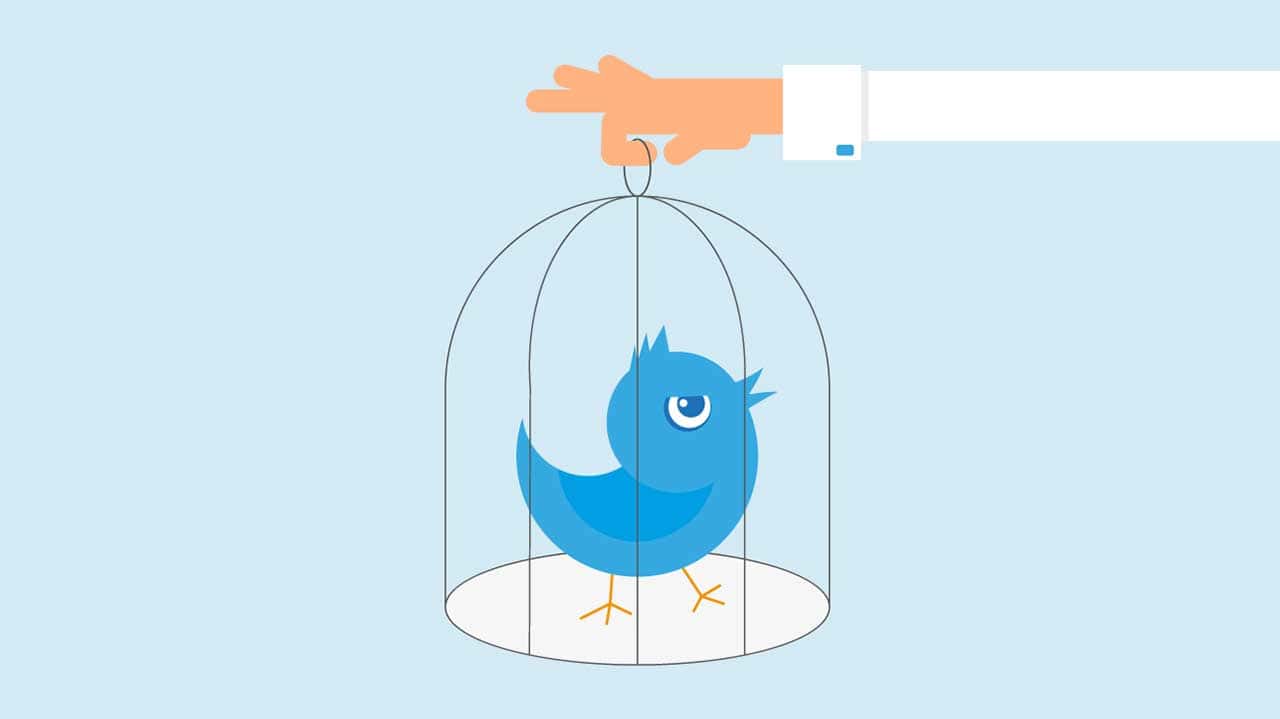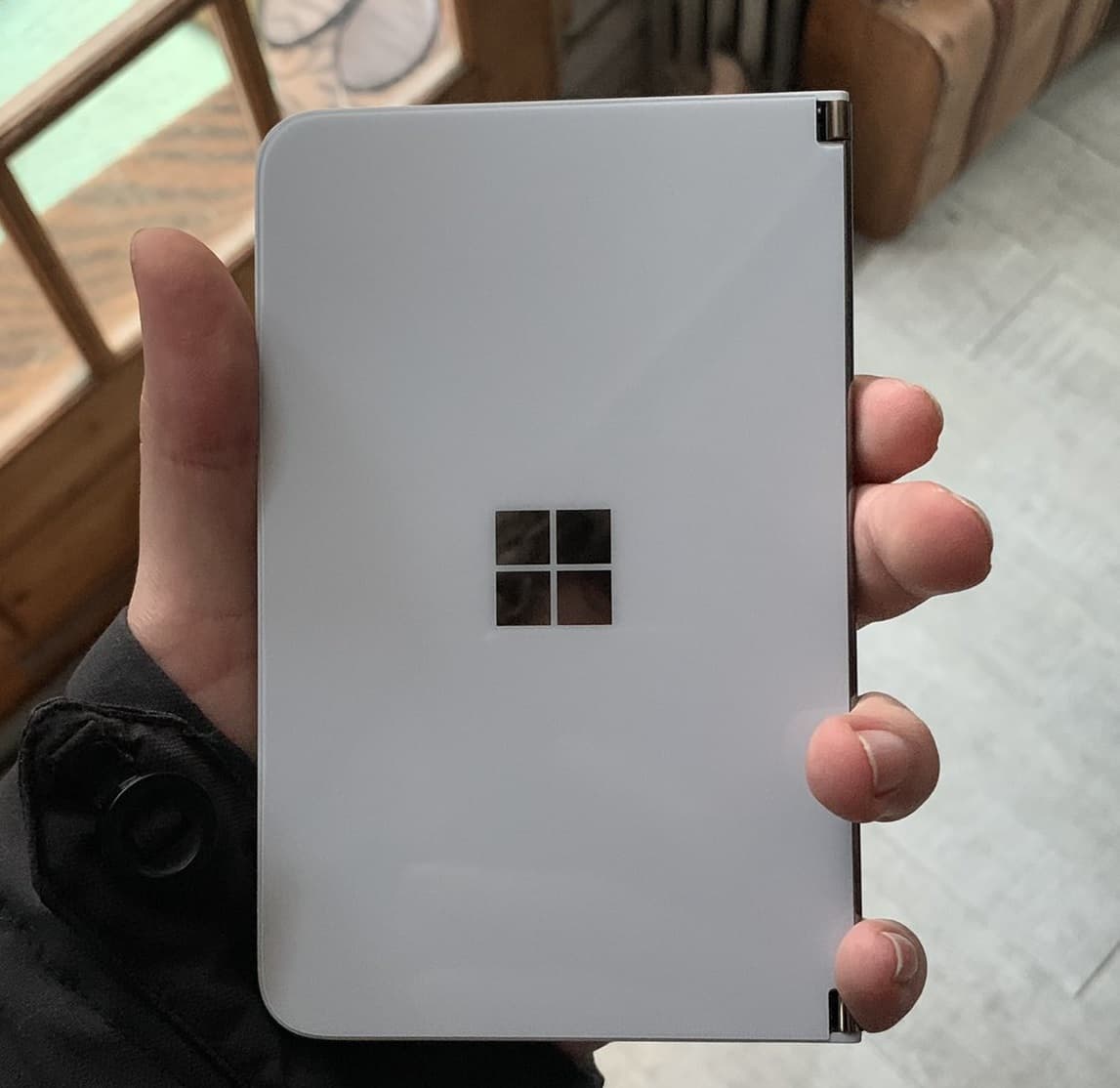Apple did not invent the smartphone: A Eulogy for Windows phones
4 min. read
Updated on
Read our disclosure page to find out how can you help MSPoweruser sustain the editorial team Read more

From today Windows Mobile is officially abandonware after Microsoft released its last ever cumulative update for the operating system.
Of course, it is more accurate to say the operating system was a member of the walking dead since 2015, when Microsoft CEO Satya Nadella took the reigns and also took a more pragmatic approach to competing in the smartphone market.
Some may date the death of Windows Mobile even further back, to the launch of the iPhone in 2007, when that handset redefined the smartphone.
But of course, I did not come to bury Windows Mobile but to praise it.
I used some version of the operating system since 1999 when Microsoft first released their PocketPC PDAs. My first Windows Mobile phone was the XDA II, a 2003 handset which had a screen just as big as the 2007 3.5 inch iPhone, and to which the iPhone bore a superficial resemblance.
And it is precisely for this reason that I am writing this farewell, to remind readers that, despite Steve Job’s remarkable presentation skills, that Apple did not invent the touch screen smartphone – in fact they were very late to the game. They did not invent the app store, there were numerous (a situation akin to Android now). They did not invent apps, or the smartphone browser (though clearly they came much closer to perfecting it.)
Sure, Windows Mobile handsets used styli (or fingernails) with their slow resistive touch screens, but they came in a dizzying variety of designs, form factors and specs, from 7 inch behemoths to 2.8 inch flip phones, with or without touch screens, with or without keyboards, with flipping screens or folding bodies, from QVGA all the way to 720P.
The operating system was designed for business efficiency, and despite what some people may tell you, having a selection of shortcut buttons really does make it faster to access your commonly used apps. Windows Mobile was designed to leverage the familiarity of users with the Windows operating system, and despite being derided for years for having a start menu the UI convention really did make it faster to access your apps from any screen, unlike being forced to go back to the home screen constantly on other operating systems.
Windows Mobile was designed for power users, and will likely forever be the only mobile operating system with a registry editor. The operating system was infinitely expandable, and may still show up occasionally sporting a barcode scanner in some industrial setting. It was wildly skinned by OEMs and even end-users, and therefore had a real personality. Its information-dense Today screen, especially on the touch-screen version, is still to be replicated by any other operating system, with iOs and Androids widget system a poor substitute still a decade or two later.
Unlike the iPhone, Windows Mobile had real depth, and like Android which followed, was fully extensible by end-users, who could replace the browser, default apps and even the shell if they wanted.
For all these reasons and more, I loved the many, many Windows Mobile handsets I owned over the years. I will spend a line or two on saying what I feel went wrong, and after some thinking, I believe I can condense it only a few words – Microsoft was always a slow follower.
In a fast-moving space such as smartphones, this meant they were chasing Nokia when Blackberry was in the ascendency and then Blackberry when the iPhone was rising, and then the iPhone when Android was on the way up. This resulted in offerings which were always a year or two behind what the market wanted, likely the result of a culture in Microsoft which did not reward ideas which were not already proven in the market (here’s looking at the Courier for example.)
I am sure someday the book will be written on exactly what missteps led Microsoft to so badly miss the mobile revolution, and when someone does I will be sure to buy it. In the meantime I will continue to enjoy my Samsung Galaxy Note 10, knowing that it does not look and work too much different from my XDA II, down to the stylus slot, and wishing it had a few more buttons instead of the single severely overloaded power button.


















